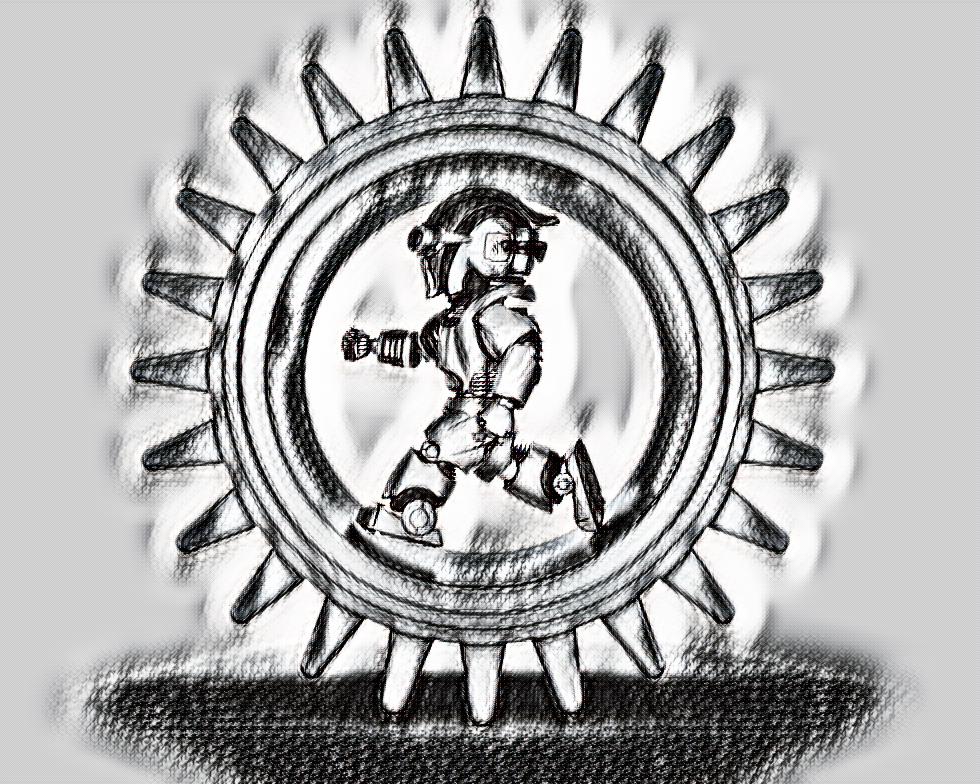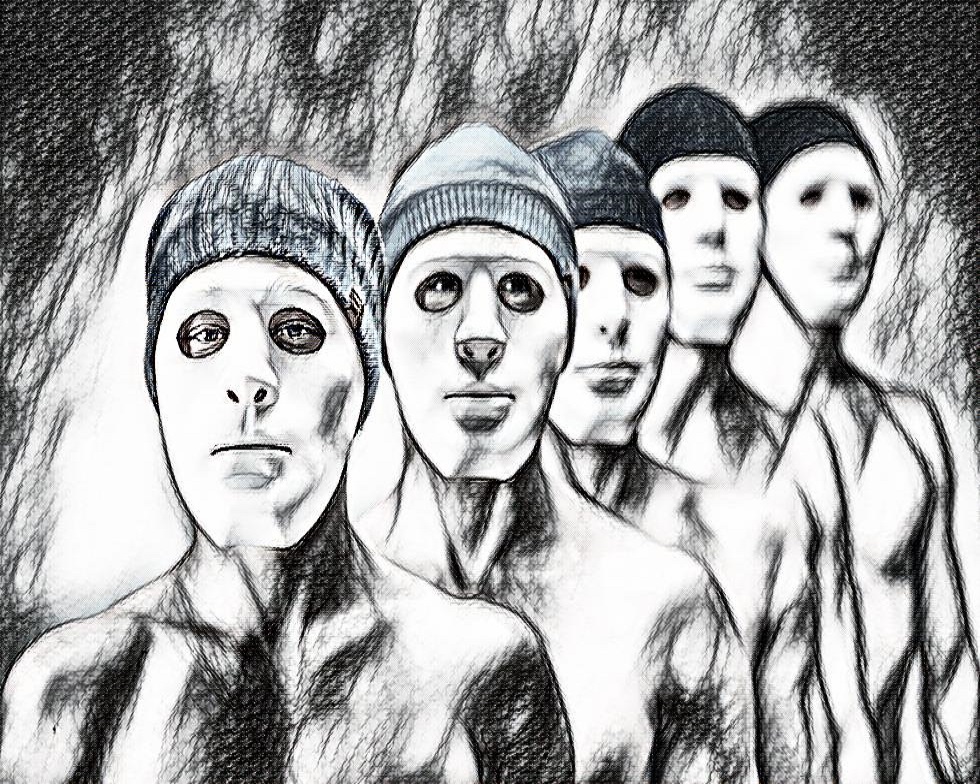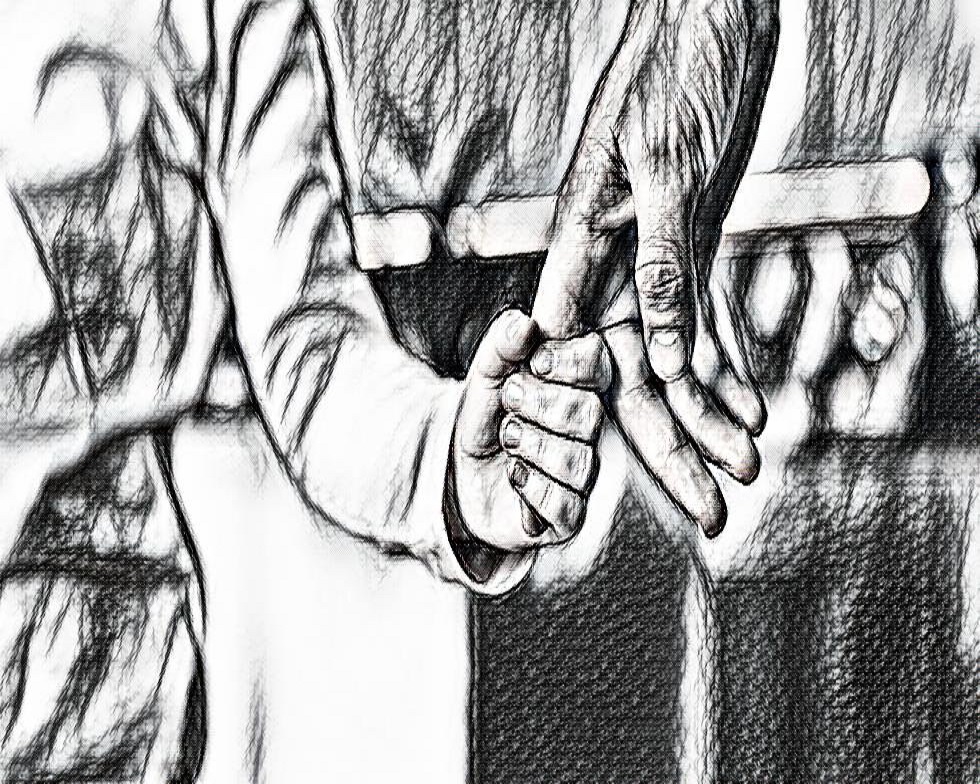Mind & Personality

We Are Biological Machines
Programmed By Our Caregivers

- Mind Architecture, Personality, & Psychopathology -
The MAPP is a general theory in Clinical Psychology able to provide a common ground to integrate the different and valuable contributions from all its schools and orientations. Moreover, it embraces an overall engineering approach — and, in particular, an architectural and quantitative one — that offers a methodological direction through which such contributions can be further developed.
The MAPP focuses on the individual psychological differences that are caused by the information stored in a typical organically-healthy brain substrate. In this condition, the programming features of the human mind appear strikingly clear. As a result, the core of personality and the central causal chain of psychopathology can be identified. As its name suggests, the theory is divided into three main parts.
- The mind and its architecture.
- Personality and its dimensions.
- Psychopathology and its mechanisms.
3 Core Subjects of the MAPP
Are Explained in Detail
In Our Videos
The MAPP outlines the structure and functioning of the mind at a level suitable for Clinical Psychology. It enhances Standard Attachment Theory and explains how attachment knowledge constitutes the core of personality through its 7 dimensions.
The 5 videos of this section provide a comprehensive overview of these topics.
The MAPP focuses on the knowledge part of personality. Attachment provides the core of this knowledge through its 7-dimensional Internal Working Model: a data structure constituted of 7 pieces of information that are first imprinted early in life (within the 6th year). These dimensions are acquired in attachment interactions and constitute the socio-psychological firmware of our mind.
The 7 videos of this section describe each personality dimension in detail.
- 1. Disorganization and The Frightening Caregiver
- 2. Avoidance and The Insensitive Caregiver
- 3. Ambivalence and The Unresponsive Caregiver
- 4. Phobicity and The Limiting Caregiver
- 5. Depressivity and The Unreachable Caregiver
- 6. Somaticity and The Defining Caregiver
- 7. Obsessivity and The Judgmental Caregiver
The MAPP recognizes our childhood experiences with our primary caregivers as the cradle of our personality. More precisely, for each of the 7 attachment dimensions, a specific caregiving feature (i.e. a characteristic of our caregiver) is identified as inducing that dimension.
The 4 videos of this section illustrate through powerful vignettes common situations from which our personality originates.
F.A.Q.
Mind & Personality
The mind can be thought of as a computer that acquires and processes information. We can learn in different ways and, most of the time, we do that unconsciously. The most important information that we learn about others and ourselves is literally imprinted in our brain with no direct control over neither the content nor the process. This kind of acquisition is – indeed – a kind of programming.
Psychology is usually defined as the science of mind and behavior, and clinical psychology as the branch of psychology that aims to promote psychological wellbeing, especially helping people overcome (what can be in general called) psychological discomfort.
Theory is essential to consciously understand the reasons why we do what we do. Such understanding is important for us all to make progress in our self-development and for the clinician to realize effective treatments. However, it is surely not enough to accomplish real change, for which concrete experience is indispensable.
Personality is a complex concept. We can think of it as our fairly stable psychological traits. Many factors can affect personality. The most important are the biological (how we are made, our constitution) and the knowledge ones (what we learn). We focus here on the information we acquire, especially in our most important relationships, with our parents and partners.
A caregiver is a person to whom we attach to obtain some form of care. When we are children, we attach to our mother and/or father, but we tend to attach at any age. Typically, we attach to a romantic partner for example. The care we look for can assume different forms. It can be essential physical and emotional support but also more sophisticated, such as psychological reference and ethical guidance.



